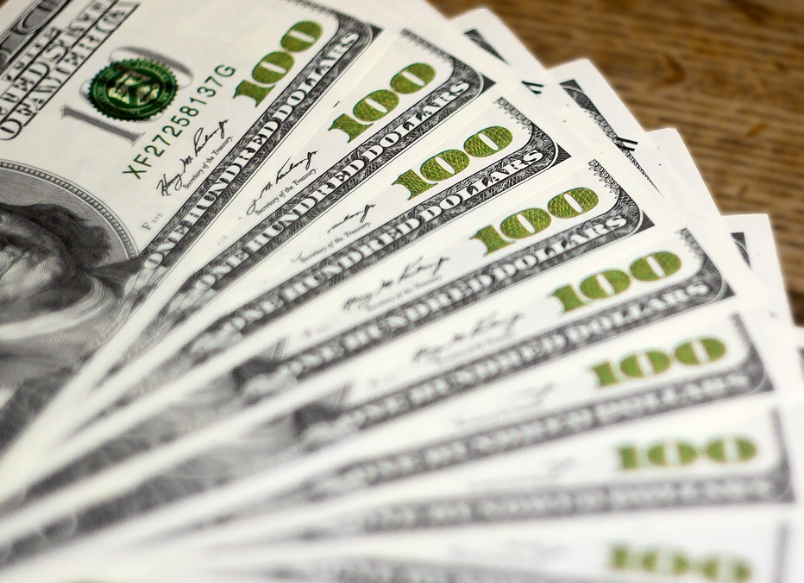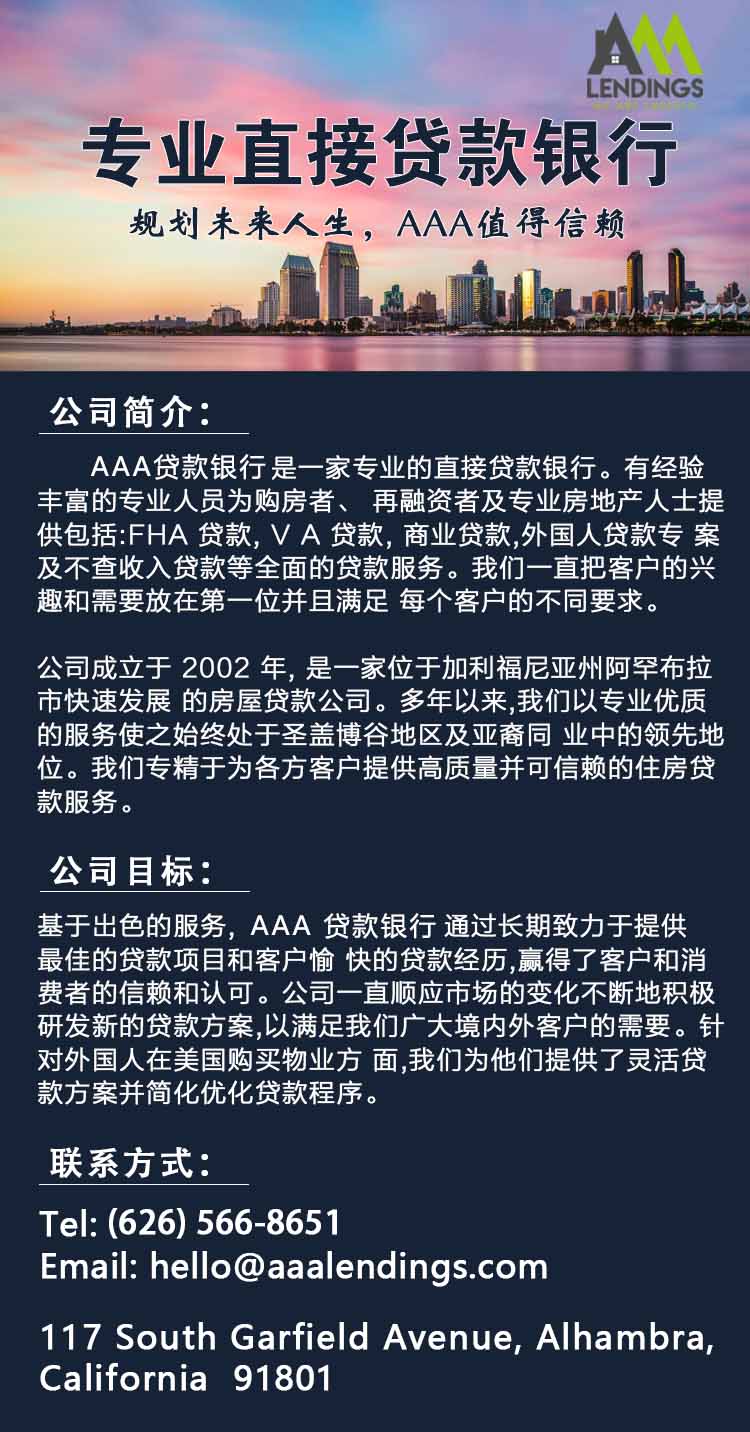According to CNN, on May 2, inflation is known to be at a 40-year high, but some analysts believe that this situation may be changing.
In January, the cost of a gallon of gasoline was about twice as much as it did a year ago; In February, housing prices rose as much as 19.8% year-over-year; In March, grocery prices were 10% higher than they were a year ago.

Fortunately, however, some analysts believe that inflation has peaked and that this burden will soon ease.
This week, the Federal Reserve will call a meeting and may announce plans to raise interest rates to combat high inflation. But investors are concerned that a faster pace of rate hikes could drag the economy into a recession.
Ryan Detrick, chief market strategist at LPL Financial, believes that inflation has likely reached a peak on its own and that the Fed may start pulling back on interest rates later this year.
The Fed’s closely watched core personal consumption expenditure index which measures the prices of goods and services has increased by 5.2 percent in March, which excludes food and energy prices and it is below economists’ expectations.
Analysts at UBS also said that they expect inflation will peak in March and then “decline sharply” this month.
Detrick pointed out three key economic indicators: falling used-car prices, a lack of "sticky" inflation and the relative easing of supply chain disruptions.
Supply chain vulnerabilities and chip shortages caused by the Russia-Ukraine conflict have made it very difficult to buy a new car, and prices for used-cars and trucks have soared accordingly. In February, used-car prices rose about 45 percent year-over-year, according to the Manheim used-car Value Index (MVCI). But now they have fallen to about 25 percent. The two-month decline suggests that used-car prices, which account for 4% of the consumer price index (CPI), may have finally returned to their pre-epidemic levels.
The Federal Reserve Bank of Atlanta divides inflation into two categories: sticky and resilient. Sticky inflation is a basket of goods whose prices change more slowly and persistently, such as education, public transportation and motor vehicle insurance costs. Elastic inflation goods have prices that change more rapidly up and down, such as gasoline, clothes, milk and cheese.
During the stagflation of the 1970s, both sticky and flexible inflation grew. So far, however, sticky inflation has remained relatively flat compared to flexible inflation, which is a good sign that inflation may still be temporary.

Although sticky inflation will take some time to catch up, Detrick said he is optimistic about it. Elastic inflation is like a rubber band, he said, you can pull it far enough, but it will still bounce back.
Detrick also said that although China’s epidemic shutdown policy may have some impact, global supply chain issues appear to be easing, at least for now. Shipping prices from Shanghai to Los Angeles, New York and Rotterdam are down an average of 28 percent from last year's peak, according to LPL Financial. Scheduling reliability for container ships also continues to improve, and March meant a third straight month of declining average delays for container ships, according to new data from analyst firm Sea-Intelligence. Detrick said that if companies can easily get more supply, the price of materials will fall and consumers will not be charged as much for goods and services.
For these reasons, inflation could suddenly fall, especially for durable goods, Detrick said. However, he also warned that it's hard to tell whether we’re seeing the light at the end of the tunnel or an oncoming train.
Articles Sharing:
![]() Is Inflation As Fierce As A Tiger? It May Not Be As Scary As You Think
Is Inflation As Fierce As A Tiger? It May Not Be As Scary As You Think
Statement:
This article was edited and compiled by AAA LENDINGS, the copyright belongs to AAA LENDINGS website, it doesn't represent the position of this website, and is not allowed to be reprinted without permission.
阅读原文 阅读 1727



